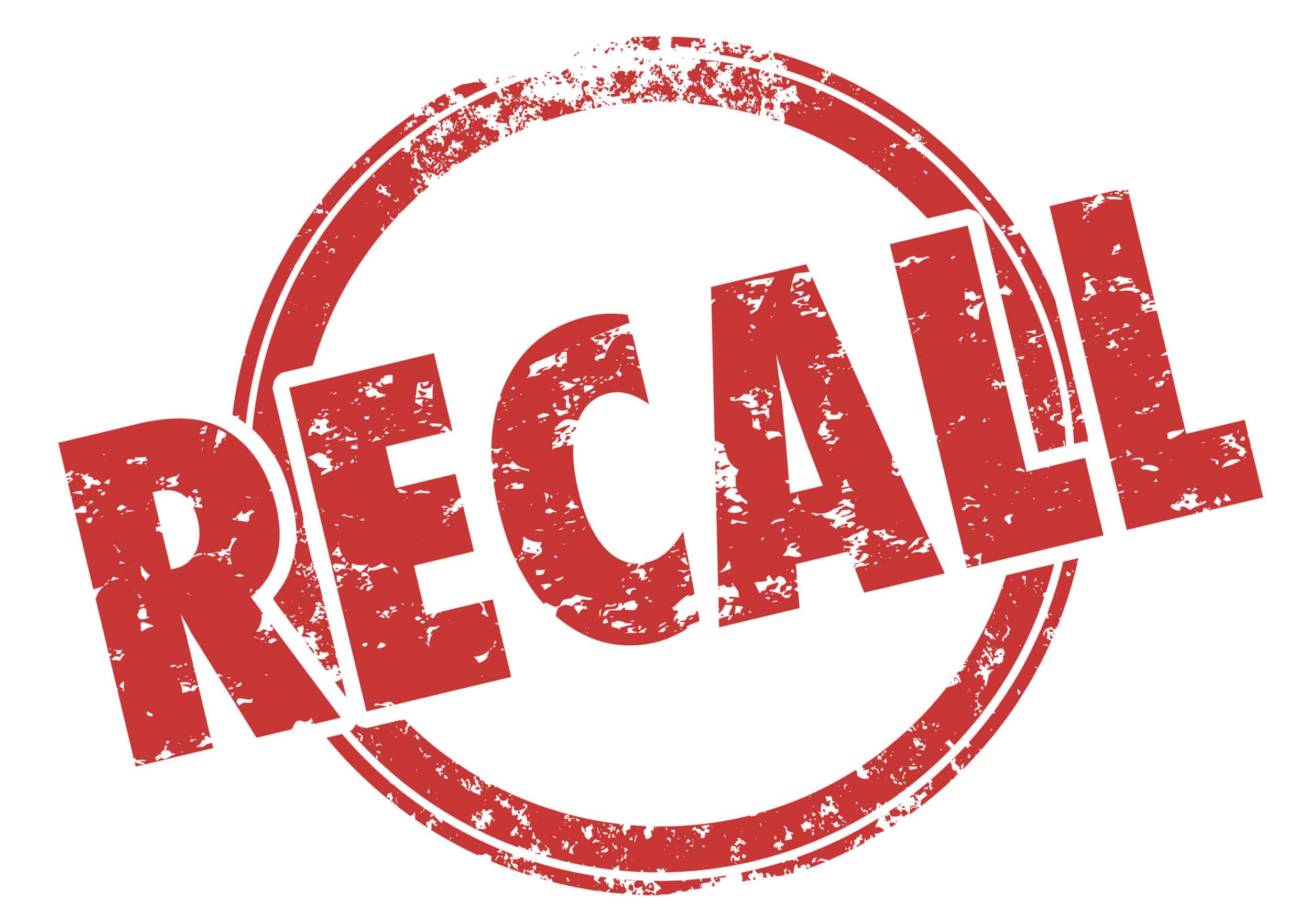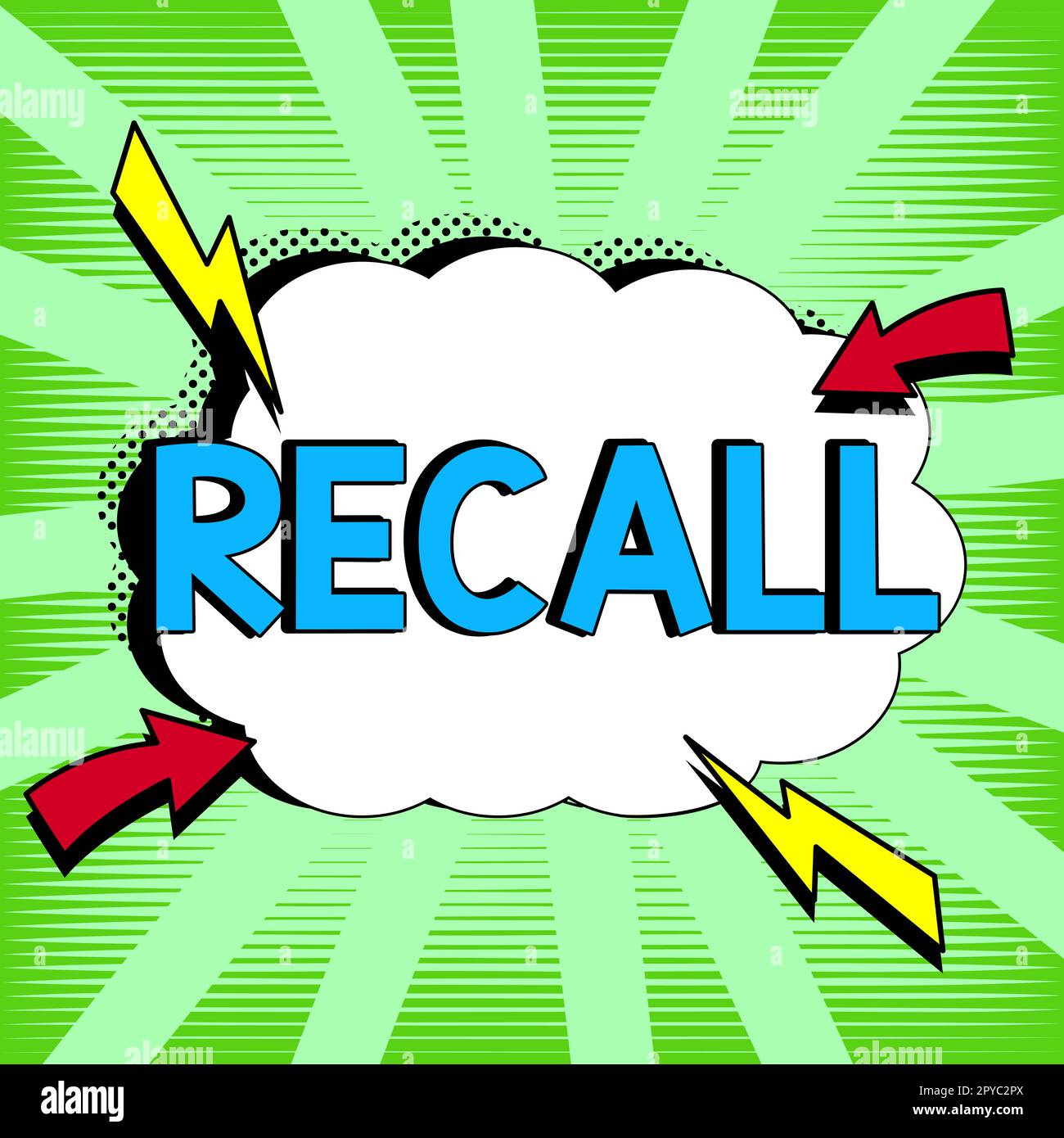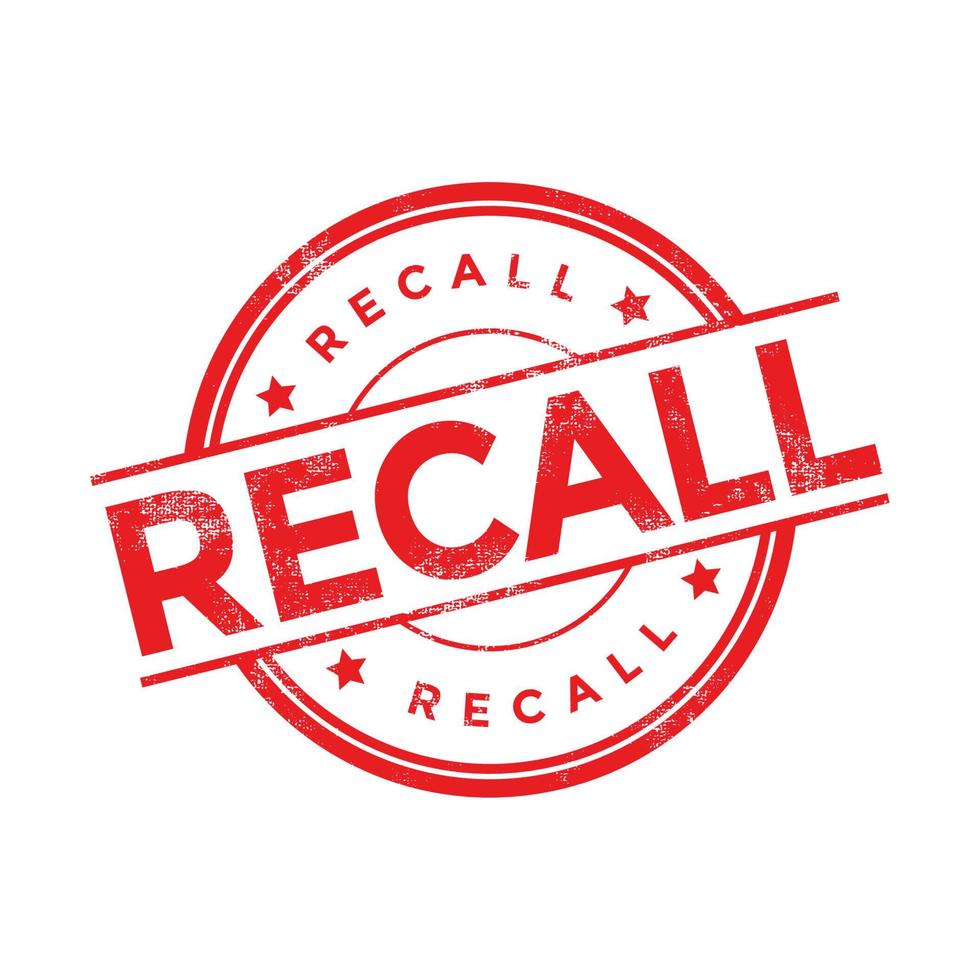Recall Lunchables - What You Need To Know
There's been a lot of talk lately about popular pre-packaged lunch items, especially Lunchables, and whether they might be subject to a recall. It's a topic that has many parents and people who enjoy these quick meals asking questions. What we know right now is that the idea of a recall for Lunchables is something that would typically need to start with Kraft Heinz, the company that makes them. This process, you know, would be a voluntary choice on their part, according to what the Food and Drug Administration, often called the FDA, has outlined for such situations.
The Food and Drug Administration, or FDA as it's known, actually has a few ways it handles these kinds of situations. In some instances, the FDA might simply ask a company to take a product off the market. Then again, there are other times when the FDA can actually order a recall, which is a much stronger action. So, the power of the federal agency in these matters can vary quite a bit, depending on the specific circumstances involved with the product. It’s a rather important distinction, you see, between a company deciding on its own and the government stepping in with a firm command.
This discussion about Lunchables and potential recalls comes about because of some tests that were done. Consumer Reports, a group that does a lot of product checking for people, looked into these lunch kits. What their tests showed was that Lunchables, along with some other similar lunch kits you might find, contained certain heavy metals. These were identified as lead or cadmium, or in some cases, both of these substances. They are, quite frankly, considered toxic heavy metals, and finding them in food products is certainly a cause for concern for many individuals. That, you know, really gets people thinking about what's in their food.
- Alvin And The Chipmunks End Credits
- Bride Diet
- Vitaly Knockout
- Hudson Jessie
- Olympic Mens Gymnastics Team Usa
Table of Contents
- What's the Fuss About Lunchables and a Recall?
- Are There Actual Recall Lunchables Happening Now?
- What Did Consumer Reports Discover About Lunchables?
- Why Did Kraft Heinz Change Its Mind About School Lunchables?
- The Food and Drug Administration's Role in Recall Lunchables Situations
- The Specific Concerns with Lunchables and Similar Kits
- Understanding What a Recall Means for Your Food
- Looking Back at Lunchables' History
What's the Fuss About Lunchables and a Recall?
The main reason for all the recent talk, you know, about Lunchables and the possibility of a recall comes from independent testing. Consumer Reports, a well-known organization that tests products for the public, conducted a thorough examination of various lunch kits, and Lunchables were part of this investigation. What they found, as a matter of fact, was that these kits contained levels of certain elements that raised some eyebrows. These elements included lead and cadmium, which are both types of heavy metals that can be harmful to people. So, that's where a lot of the discussion starts, really, concerning the contents of these popular lunch options.
Beyond the heavy metals, the investigation by Consumer Reports also looked at other components within these lunch kits. They found that, along with the lead and cadmium, there were also levels of phthalates present. These are plastic chemicals, and finding them in food is a concern for many people. The tests also showed, quite clearly, that the sodium content in these kits was something to pay attention to. These findings, you see, prompted the watchdog group to issue a warning, bringing these matters to the public's attention. It just goes to show how important independent testing can be for consumer goods.
It's worth noting, too, that the concerns about these substances are not new for food products in general. However, finding them in products like Lunchables, which are often marketed to and consumed by children, adds a different layer to the conversation. The idea that something quick and easy for a lunch might contain these elements is something that parents and caregivers, like your average person, want to understand better. This is why the conversation around a potential recall Lunchables situation has gained so much traction lately, as people seek more clarity on what they are eating.
- Frankie Muniz Movies And Tv Shows
- Gay Jared
- Ingrid Kelly
- John Legend Napa Concert
- Concert Red Hot Chili Peppers
Are There Actual Recall Lunchables Happening Now?
For many people wondering if they need to stop buying or using these lunch kits, the simple answer is no. As of right now, there is not currently any official recall on Lunchables. This is a key piece of information for anyone who has been following the news or has heard whispers about these products. While there has been a lot of discussion and some findings from independent tests, the company that makes Lunchables, Kraft Heinz, has not initiated a recall. So, you know, it’s important to distinguish between concerns raised and an actual product removal from shelves.
This point about no current recall is often a source of confusion for people. When a consumer watchdog group raises concerns, it often leads people to believe that a recall is already in progress or is about to happen. However, as we've seen, that's not always the case. A recall is a specific action, and it requires a company to take the step of removing products from the market, or for a federal agency to mandate it. So, basically, while the information from Consumer Reports is out there, it hasn't led to a formal recall of Lunchables at this moment. It’s a very important distinction to make, honestly, for anyone trying to keep up with the facts.
It’s also important to remember that companies often respond to public concerns in various ways, even if they don't issue a full recall. Sometimes, they might change their product formulations, or they might provide more information to consumers. But for now, if you are looking for an official list of products being recalled, you won't find Lunchables on it. This is something that Paul, for instance, has pointed out, noting that FDA recalls are public by law. So, you know, if it were happening, we would certainly see it listed for everyone to know.
What Did Consumer Reports Discover About Lunchables?
Consumer Reports, which is a consumer advocacy group, carried out tests on a number of lunch kits, and Lunchables were part of their detailed look. They specifically tested twelve different kits to get a good picture of what was inside. What they found, as a matter of fact, was that these products, including Lunchables, contained levels of certain substances that many would consider concerning. These findings are what really brought the whole issue to the forefront for many people, sparking the conversations we are having now about these lunch items. It's a rather thorough kind of investigation, too, that they conducted.
The investigation found that Lunchables, along with other similar lunch and snack kits from different brands, had potentially worrying amounts of lead. Lead is a heavy metal that is generally not something you want in your food. They also found phthalates, which are plastic chemicals. And, you know, the tests showed elevated levels of sodium as well. These are all things that, over time, can contribute to health issues, so finding them in products that are often eaten by children is something that definitely caught the attention of the watchdog group. So, these specific findings are what really caused the alarm bells to ring, for many people, anyway.
One of the more particular findings from the Consumer Reports investigation concerned phthalates. They reported that almost all of the kits they tested, with just one exception, contained this plastic chemical. The one kit that did not contain it was the Lunchables Extra Cheesy Pizza. Phthalates are known to be hormone disruptors, which means they can interfere with the body's natural systems. This interference, it has been noted, can contribute to an increased chance of reproductive problems. It can also be linked to diabetes and certain cancers. So, the presence of this chemical is a significant part of the overall concern raised by the report, honestly, for anyone looking at the details.
Why Did Kraft Heinz Change Its Mind About School Lunchables?
Kraft Heinz, the company that makes Lunchables, made an announcement on November 12, 2024, about their participation in a particular program. They stated that they would no longer be providing their prepackaged lunch kits to the National School Lunch Program. This program, you know, serves meals to many children across the country in school cafeterias. This decision was reported by various news outlets, bringing it to the public's attention rather quickly. So, this is a distinct change in their approach to how their products are distributed for school meals.
The reason given by Kraft Heinz for pulling their meal kits from the National School Lunch Program was weak demand. This means that, basically, not enough schools or children were choosing the Lunchables options that were offered through this specific program. It wasn't, you know, stated to be directly related to the concerns about heavy metals or chemicals, but rather about how popular the product was within that particular setting. This is a business decision, essentially, based on how well the product was selling in that specific market. It’s a fairly straightforward explanation, honestly, for a company to make such a move.
It’s worth remembering that the school cafeteria versions of Lunchables, which are popular grocery store snack kits for kids, had already drawn some warnings. A consumer watchdog group had warned on a Tuesday that these school versions were packed with too much sodium. So, while the official reason for the withdrawal was weak demand, there were existing concerns about the nutritional content of the school Lunchables. This context is important, you know, when considering why the product might not have been in high demand within the school lunch program. It just adds another layer to the story, really, for anyone following the details.
The Food and Drug Administration's Role in Recall Lunchables Situations
When it comes to food products and safety, the Food and Drug Administration, the FDA, plays a very important part. As mentioned earlier, if there were to be a recall of Lunchables, Kraft Heinz would typically need to be the one to start that process voluntarily. This means the company itself would decide to pull its products from the market, perhaps after identifying an issue or in response to new information. The FDA, you know, would then oversee that process to make sure it's done correctly and that consumers are protected. So, their involvement is usually more supervisory in a voluntary scenario.
However, the FDA also has the ability to step in more forcefully if a situation calls for it. In certain circumstances, the agency can request that a company initiate a recall. This is a strong suggestion, but it's still a request. In other, more serious situations, the FDA actually has the power to mandate a recall. This means they can order a company to remove a product from the market, even if the company doesn't want to do so. This kind of power is reserved for situations where there's a clear and present danger to public health. So, you know, the FDA has different levels of influence it can exert, depending on the severity of the issue at hand.
It's also worth noting that FDA recalls are public information. This means that if a product, like Lunchables, were to be recalled by the FDA, that information would be readily available for everyone to see. This transparency is a key part of how the system works to keep people informed about potential risks with their food. So, when someone like Paul says that Lunchables is not on the FDA recall list, it means that, as far as the official records go, there is no mandated recall in place for these products. This public listing is a very important tool for consumer safety, really, helping people stay aware of what’s happening with their food.
The Specific Concerns with Lunchables and Similar Kits
The tests conducted by Consumer Reports highlighted some specific concerns about the contents of Lunchables and other similar lunch kits. The presence of lead and cadmium, both considered toxic heavy metals, was a significant finding. These substances are not meant to be in food products, especially those consumed by children, and their presence raises questions about the manufacturing process or the ingredients used. So, finding these metals is a serious matter for anyone concerned about food safety, you know, and what goes into our bodies.
Another major point of concern was the level of sodium found in these kits. The school cafeteria versions of Lunchables, for instance, were specifically called out for having too much sodium. High levels of sodium in a diet, particularly for children, can contribute to various health issues over time. This is a long-standing dietary concern that health groups often warn about, and finding it in pre-packaged meals meant for kids just adds to that discussion. It's a rather common issue with processed foods, too, so it's not entirely surprising, but still a point of concern.
Then there are the phthalates, the plastic chemicals that were found in almost all the tested kits. These chemicals are known to disrupt hormones in the body. This means they can interfere with the body's natural chemical messengers, which control many important functions. Such disruptions have been linked to an increased risk of reproductive problems, and they can also contribute to conditions like diabetes and certain cancers. So, the idea that these chemicals are present in food products is something that definitely raises a lot of questions for consumers, honestly, about the long-term effects.
The overall message from the Consumer Reports investigation was clear: the Lunchables and similar lunch kits they tested contained levels of sodium and harmful chemicals that could lead to serious health problems over time. This is a general statement that summarizes the findings across the board, pointing to a need for closer examination of these types of convenience foods. It’s a very important piece of information for parents and caregivers to consider, really, when choosing what to feed their families. So, these concerns are not just about one thing, but a combination of factors found in the products.
Understanding What a Recall Means for Your Food
When we talk about a food recall, it means that a product is being removed from the market because there's something
- Ageless Collagen
- Is Richard Gere Sick
- Cast Of Survivor Season 35
- Marie Osmond Plastic
- Talkin Bout Trucks

Does a Recall Protect a Company from Liability?

Text sign showing Recall. Internet Concept bring fact event or

Recall stamp illustration isolated on white background. 3571158 Vector